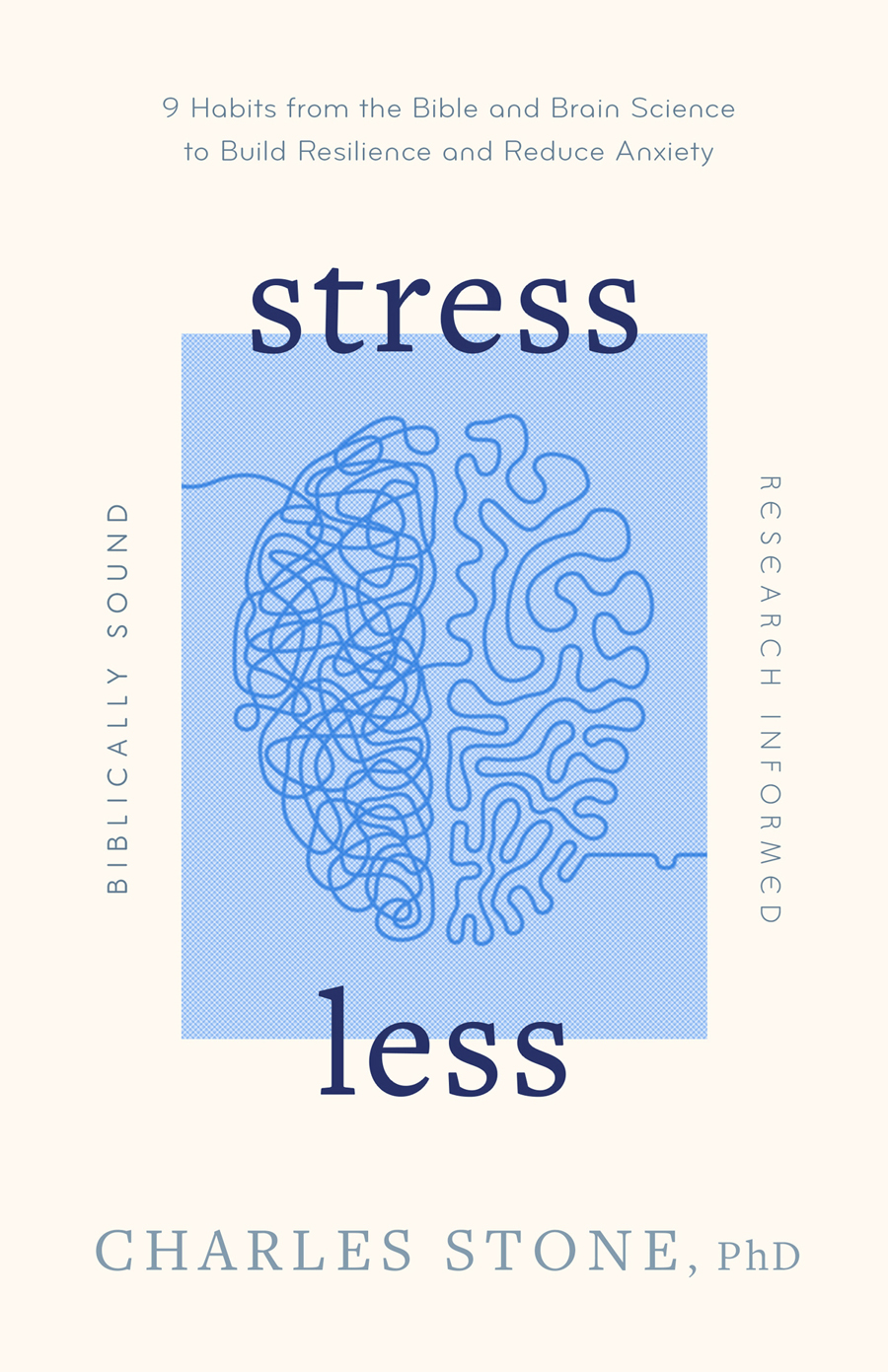In a previous blog post I suggested that the cure to our noisy, frenzied, busy world lies in practicing silence and solitude and breaking our tendency to hurry. I shared some quotes and key Scriptures that relate to these spiritual disciplines. In this post I suggest reasons why we should practice silence and solitude and some ways to begin to build that practice into your life.
In essence, silence and solitude are tools God uses to restore our souls by breaking engagements with the world. This discipline is really more of a state of heart than a place. Granted, it does include away-ness from others, but as you mature you can actually be in a huge crowd and experience the rejuvenating power of solitude. It can create the ability to carry around with you your own portable sanctuary, sacred place, place of rest, connection to God even in a loud, distracting world.On the other hand you can become a hermit and never experience the power of solitude.
Before I give you my suggestions, read this funny story.
A monk newly initiated into his order was told that he’d have to spend the initial 20 years of training in complete silence. He was told that he would only be allowed to say two words every three years. After 3 years of studiously keeping this vow he was summoned before the Abbot and asked if he had anything to say, in two words or less. He replied, “Food bad.” Three more years went by when he was again summoned before the Abbot. “Well, do you have anything to say now,” the monk was asked. “Bed hard,” was the answer. After three more years the Abbot found our friend and asked him if he’d like to speak. “I quit!” said the monk. “Well, I’m not surprised,” said his Abbot. “You’ve done nothing but complain since you arrived.” (source unknown)
Now, the practical benefits of practicing silence and solitude and tips for building it into your life.
Practical benefits of practicing silence and solitude
1. It breaks the power of hurry.
It breaks the adrenalin addiction, the “have to do” mentality of life. Willard explains it this way. The person who is capable of doing nothing might be capable of refraining from doing the wrong thing. And then perhaps he or she would be better able to do the right thing.[1]
2. It brings spiritual renewal.
Francis de Sales said (1500’s), “There is no clock, no matter how good it may be, that doesn’t need resetting and rewinding twice a day, once in the morning and once in the evening. In addition, at least once a year it must be taken apart to remove the dirt clogging it, straighten out bent parts, and repair those worn out. In like manner, every morning and evening a man who really takes care of he heart must rewind it for God’s service . . . . Moreover, he must often reflect on his condition in order to reform and improve it. Finally, at least once a year he must take it apart and examine every piece in detail, that is every affection and passion, in order to repair whatever defects there may be.[2]
3. It reminds us that life will still go on without us
It interrupts the cycle of constantly having to manage things and be in control. It breaks us from a sense of being indispensable.
4. It clears the storm of life and mind for wise decision making and planning.
Jesus illustrates this in Luke 6:12-13 before he chose his disciples. “And it was at this time that He went off to the mountain to pray, and He spent the whole night in prayer to God. And when day came, He called His disciples to Him; and chose twelve of them, whom He also named as apostles.”
5. It creates inner space to hear the voice of God.
After Elijah’s power encounter on Mt Carmel with the Baal worshippers he fled because he heard that Queen Jezebel had a price on his head. He hid in a cave and whined to God. God told him to step outside the cave and cover his face because he was about to speak to him. A storm and wind and earthquake and fire appeared, but God was not in any of those. Rather, God spoke in a whisper. 1Kings 19.2…And after the fire came a gentle whisper.
6. It helps us disconnect from the world and deeply connect to our soul.
Henry Nouwen said, “In solitude, I get rid of my scaffolding.” Scaffolding is the stuff we use to keep ourselves propped up, friends, family, TV, radio, books, job, technology, work, achievement, our bank account, etc.[3]
7. It helps us control our tongue
If frees us from the tyranny we hold over others with our words. When we are silent, it is much more difficult to manipulate and control the people and circumstances around us. Words are the weapons we lay down when we practice silence. We give up our insistence of being heard and obeyed.
8. It helps us with the other disciplines
It enhances the other disciplines.
Practical tips to incorporate silence and solitude into your life.
1. Plan for it.
2. Find a quiet place.
3. Be considerate of those who will be affected.
4. Zip it
James 1:26 If anyone considers himself religious and yet does not keep a tight rein on his tongue, he deceives himself and his religion is worthless.
5. Expect some apprehension.
Our busy world often hinders us from looking within, so don’t quit if deep things in your soul begin to surface
6. Length?
Walk before run.
7. Realize that this discipline comes more easily to some.
I recommend a great book to understand your particular spiritual pathway. It’s a book called Sacred Pathways by Gary Thomas.
What do you find most difficult about silence and solitude?
Related posts:



Pingback: You can escape ministry stress through these stress busters.
Pingback: Links for Leaders 4/7/17 | JoshuaReich.org
Pingback: Why Every Leader Needs Silence and Solitude • ChurchLeaders.com
Pingback: What Every Leader Needs: Silence And Solitude – The Bride of Christ